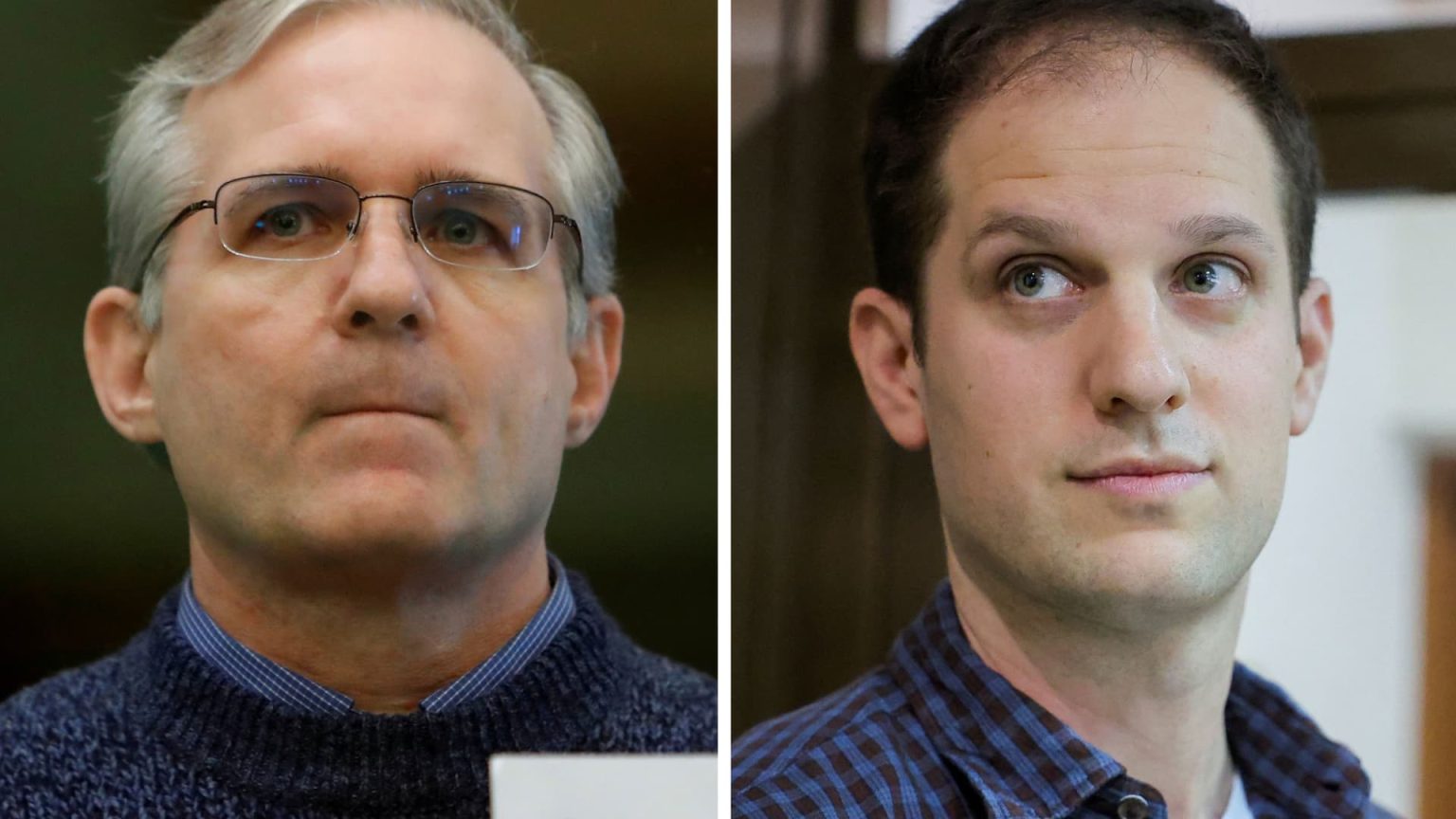On December 9, a major multi-nation prisoner swap occurred, with Wall Street Journal reporter Evan Gershkovich and former U.S. Marine Paul Whelan being among those freed by Russia. This exchange also involved the release of Russian-American journalist Alsu Kurmasheva and British-Russian activist Vladimir Kara-Murza. President Joe Biden described all four as being imprisoned unjustly in Russia. Additionally, five German citizens and seven Russian citizens were released as part of the negotiated exchange, all of whom had been held in prison in Russia on disputed charges.
The exchange involved a total of eight Russians, including spy and convicted hitman Vadim Krasikov, being returned to Russia from various countries such as the United States, Slovenia, Norway, Poland, and Germany. The release of Krasikov, who had been held in Germany for a murder in 2019, was pivotal in securing Russia’s agreement to the swap. Gershkovich, Whelan, Kurmasheva, and Kara-Murza are either U.S. citizens or permanent residents. The negotiation for their release was described by the Biden administration as a feat of diplomacy, resulting in a total of 16 people being freed from Russia, including political prisoners from Germany and Russia.
White House National Security Advisor Jake Sullivan emphasized the historic nature of the exchange, noting that it involved a significant number of individuals from multiple countries and partners. The deal was the result of complex and lengthy negotiations over many months. Gershkovich, arrested in Russia in March 2023 on espionage charges, had been sentenced to 16 years in prison following a trial condemned by the U.S. government as a sham. Whelan had been serving a 16-year sentence for alleged espionage in Russia since his arrest in 2018. The exchange also included individuals being sent to Germany and Russia from Russian custody.
The individuals being sent to Germany from Russia included a list of names, while those being sent to Russia in addition to Krasikov included individuals from various countries such as Slovenia, Norway, and the United States. The release of these individuals marked the end of their suffering and uncertainty, according to President Biden. The negotiations for the exchange had involved painstaking efforts and cooperation among many countries and allies. The prisoner swap was described as a significant event that had not been seen since the Cold War, involving such a large number of individuals across multiple nations.
This breaking news of the prisoner exchange highlights the success of diplomatic negotiations in securing the release of individuals held unjustly in Russia. The freed individuals, including journalists, activists, and citizens, had endured significant hardships during their imprisonment. The event symbolized a collaborative effort among various countries to address issues of human rights and political prisoners. As the details of the exchange continue to unfold, it serves as a reminder of the importance of international cooperation in upholding justice and human rights.


